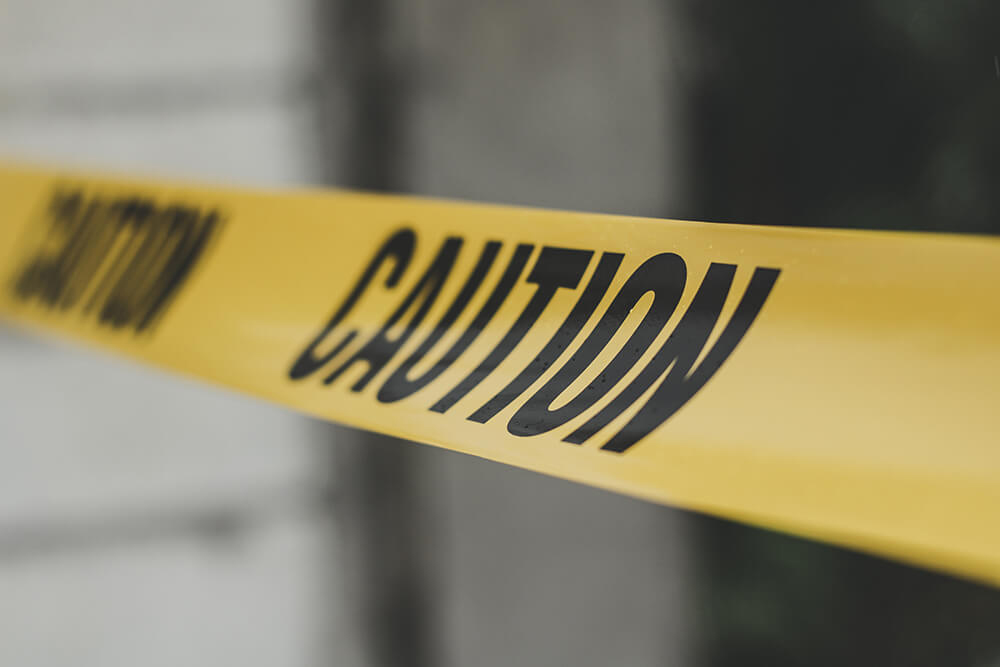Shooting and assault cases are very common in Pennsylvania, especially in large cities like Philadelphia. Victims of shootings and assaults who survive the injuries are often left with permanent injuries, and in many cases, permanent disabilities. For example, after school, two young kids in a Philadelphia neighborhood play together, and one of them plays with a parent’s gun. The gun accidentally goes off and one of the kids is killed. This type of scenario is very common and has occurred time and time again in Philadelphia.
Related: Philadelphia Bar & Nightclub Liability for Fights & Shootings
Justice in the Criminal & Civil Courts
The victim of a shooting or assault, and in the case of death, the victim’s family, is often misinformed about their legal rights to file both criminal and civil legal proceedings. Under Pennsylvania law, victims/surviving family members can seek justice through both criminal and civil cases.
There are some key differences between the two types of cases. First, while in a criminal case, the Commonwealth of Pennsylvania brings the case against the wrongdoer, in a civil case, the victim/family members bring the case. Also, in a civil case, multiple parties can be held responsible. In the scenario above, the parent who allowed a loaded gun to be within arm’s reach of young children could be held liable.
Second, the outcome is entirely different. In a criminal case, the outcome is punishment. In a civil case, the outcome is financial compensation for the victim’s losses and injuries. For example, in a criminal shooting/assault case in Philadelphia, the end result would probably be jail or prison for the defendant. In a civil shooting/assault case, the end result would probably be financial compensation for the victim.
Another key difference in the two types of cases is control of the case. In a criminal case, the victim does not have any control over the case, including the ultimate punishment/sentencing, which is decided by the court. In a civil case, the plaintiff (victim/family) decides all the important factors, such as whether to go ahead with a lawsuit and whether and when to settle or resolve the case.
Statute of Limitations in Civil Lawsuits for Shootings/Assaults
The victim and their family initially get involved in a criminal case. By the time they realize there is a potential civil lawsuit, too much time has passed, and the civil case is barred by the statute of limitations in Pennsylvania, which in most cases is 2 years from the date of the incident. A major exception to this 2 year time limitation applies in cases where the victim was a minor at the time of the shooting/assault. Under Pennsylvania law, minors have 2 years from the date they turn 18 within which to file a lawsuit. Basically, for minors, the clock does not start ticking until they turn 18.
However, it is important to note that statute of limitations issues are very complex. For instance, if a minor is killed in a shooting, the minor’s surviving family members would only have 2 years from the date of the shooting. This type of case is known as a wrongful death case and in a shooting/assault death case, even if the victim was a minor, the clock starts ticking on the date of the incident.
More: I was assaulted by a drunk man. Can I file a civil lawsuit against him?
Legal Help for a Shooting/Assault Lawsuit in Pennsylvania
Stewart Ryan and Guy D’Andrea are former prosecutors who now fight for victims’ rights to obtain justice in civil cases.
For a free, confidential consultation, call (215) 399-9255. Laffey Bucci D’Andrea Reich & Ryan has the resources and experience to handle matters outside the Pennsylvania and New Jersey area, and the firm’s sex abuse lawyers can be admitted into other states such as New York.
DISCLAIMER: This website does not create any attorney-client relationship or provide legal advice. It is crucial to speak to a qualified lawyer prior to making any decision about your case. Read full disclaimer at the bottom of this page.

